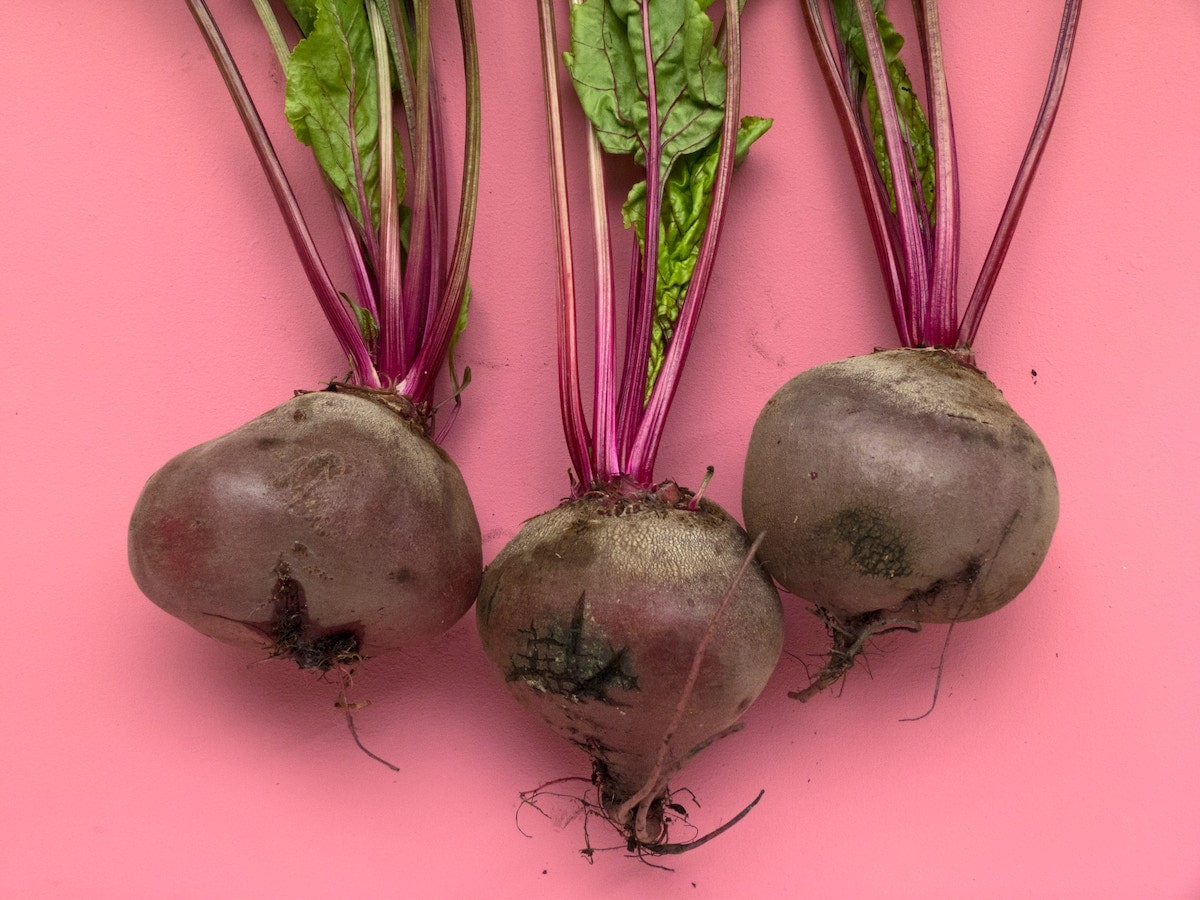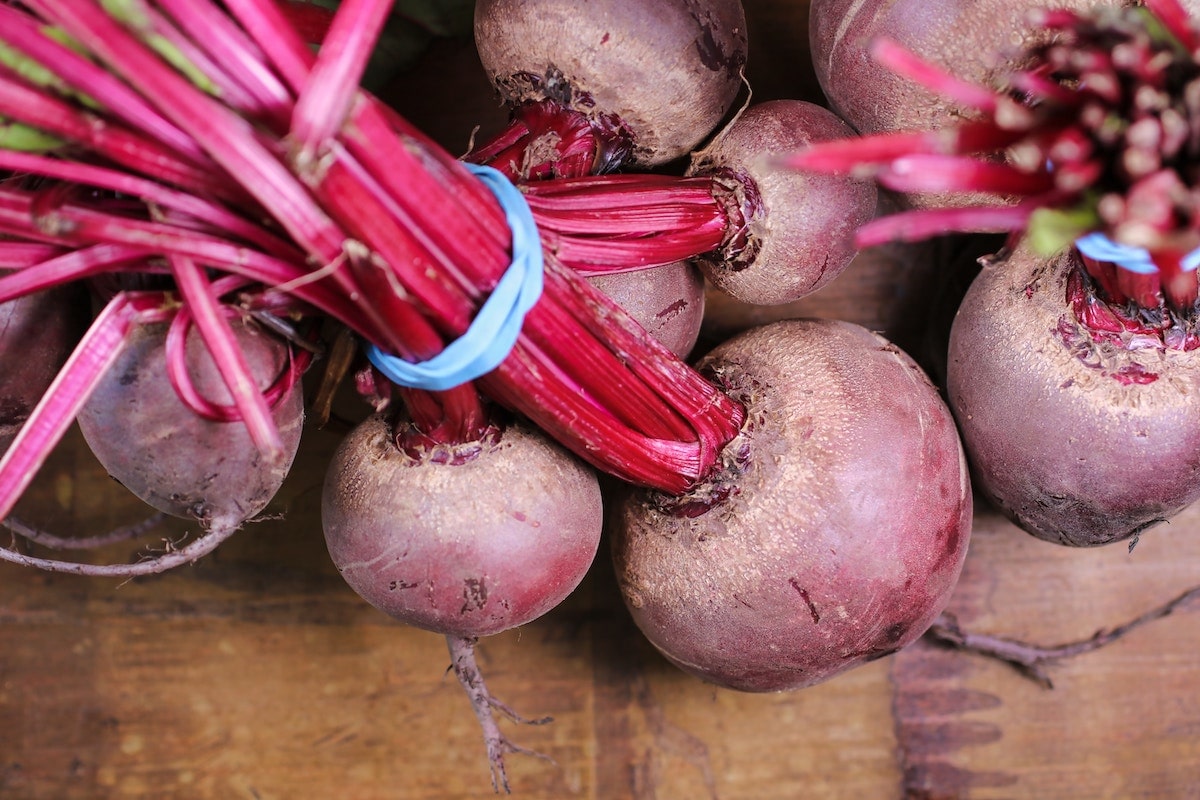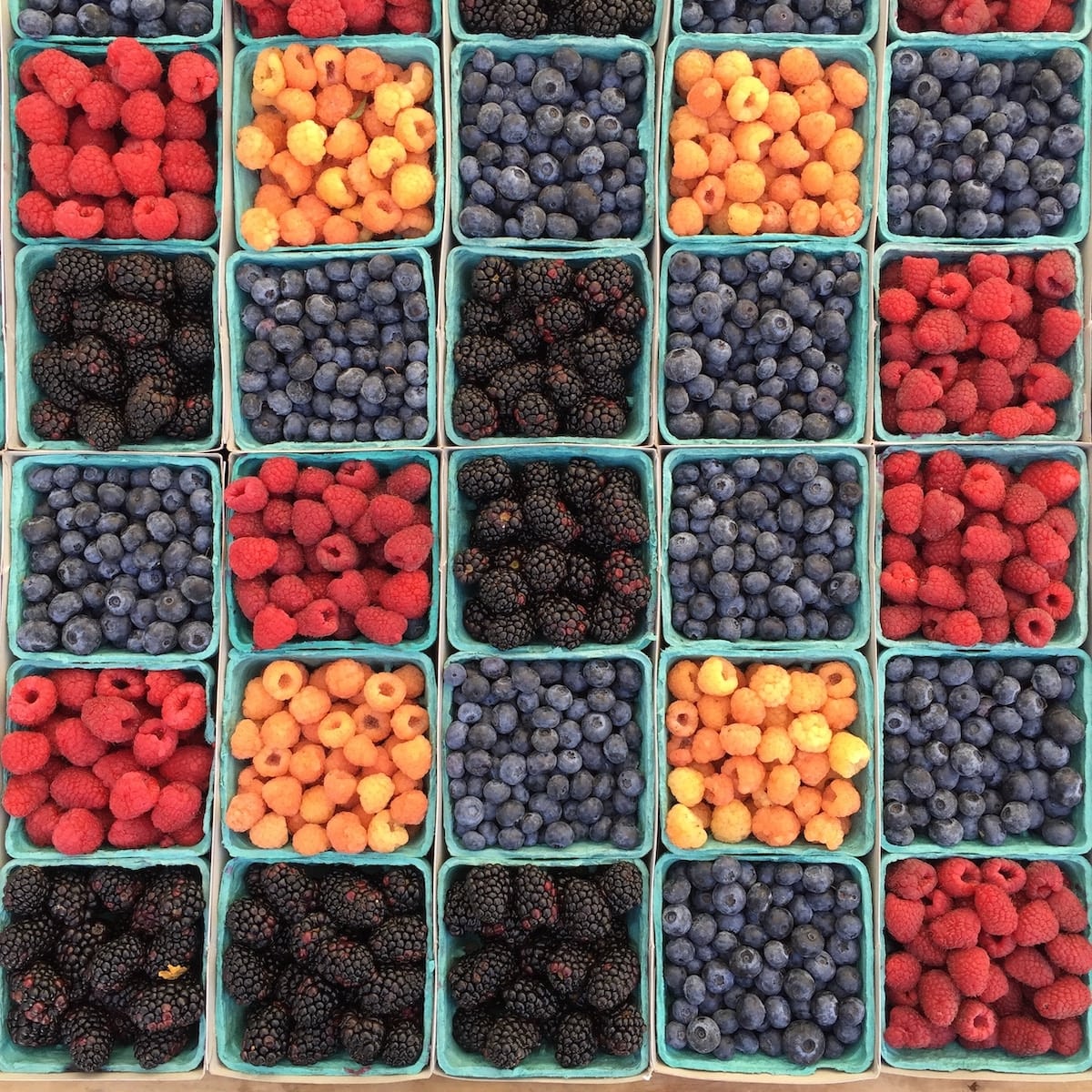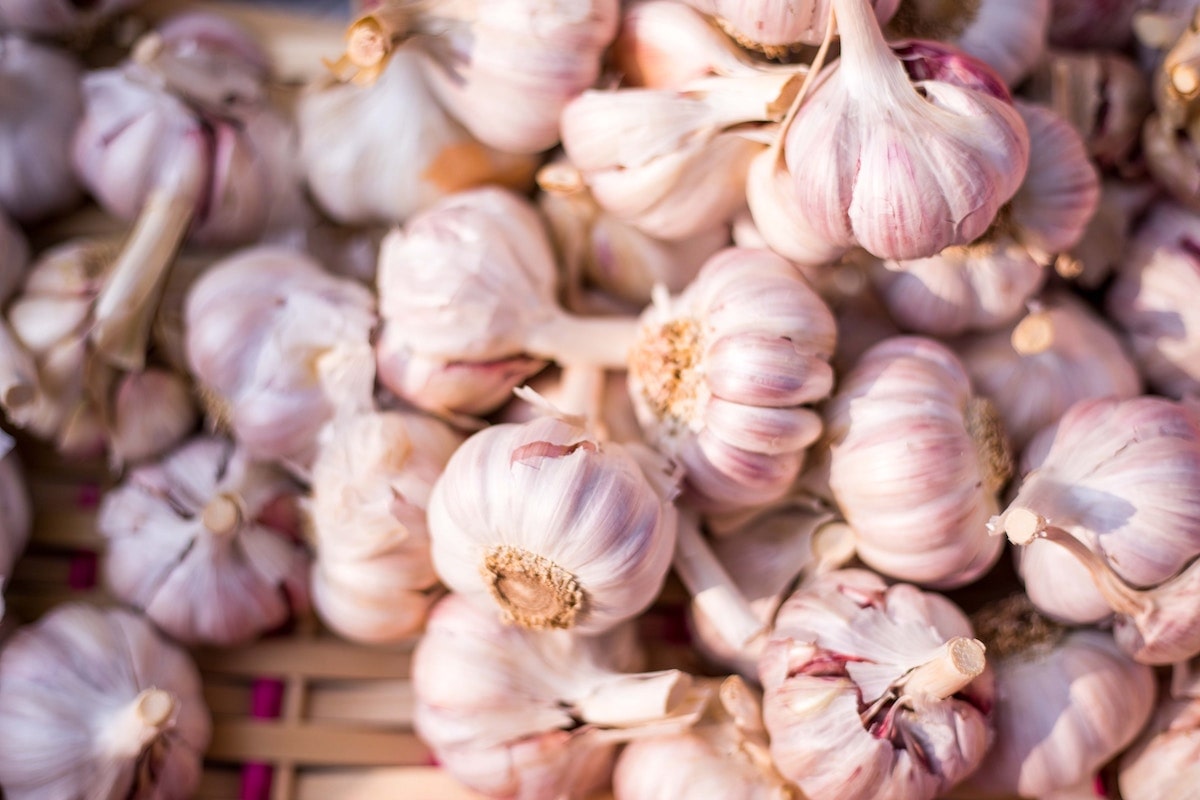Beetroot powder is packed with nutrients
Straight from the increasingly popular root vegetable, beetroot powder is exactly what the name suggests – powdered beetroot.
Beetroot (or ‘beets’, as the vegetable is commonly known) is a plant-based whole food with a myriad of beneficial health properties.
Beets are loaded with nutrients including fibre, protein, vitamins C & B6, magnesium, potassium, iron and nitrates.
These essential nutrients give the red vegetable its impressive superfood status, and we’ve got 5 reasons why.
5 benefits of beetroot powder for health and fitness
1. Helps with liver function
Beetroot powder is a fantastic addition to your daily routine because of how harmoniously it works with the liver.
With more than 500 different functions, the liver acts as a filtration system that cleanses the blood and removes toxins from our bodies.
Beetroot powder contains the amino acid betaine which prevents and breaks down any fat buildup in the liver. The vegetable also increases natural detoxification enzymes that help to speed up the elimination of toxins from the body.
2. A natural anti-inflammatory
Beets contain betalain, which is the pigment that gives the vegetable its deep red colour.
Betalain is known to fight inflammation throughout the body and reduce the pain associated with chronic inflammatory conditions.
Because chronic inflammation can be a precursor to more serious health conditions, introducing beetroot powder to your diet can help to both prevent and reverse diseases such as Cardiovascular Disease.
3. Supports brain health
Mental cognition can deteriorate with age, as seen in many elderly patients with dementia and Alzheimer’s.
This deterioration comes from a lack of oxygen and blood flowing through the body and up to the brain.
Beetroot powder can be a crucial tool here because it has the ability to increase oxygen within the blood, increase blood flow to the brain, and improve overall brain function.
4. Lowers blood pressure
Beetroot powder contains a high concentration of nitrates that work to dilate blood vessels and subsequently aid in decreasing high blood pressure.
Because the benefits of consuming nitrates through beets are effective yet temporary, regular consumption of beets is encouraged in order to maintain healthy blood pressure levels.
Incorporating beetroot powder twice daily into your normal routine is an easy way to navigate this issue and ensure ongoing optimal blood pressure health.
5. Improves athletic performance
Beets have the ability to increase both stamina and muscle strength, which is important for anyone interested in exercise and movement.
The nitrates in beetroot powder work to increase healthy blood flow to our muscles and respiratory system (just like they do for our brain).
These nitrates also help to power the mitochondria in our cells and enrich them with energy, giving us the strength we need to power through intense workouts and increase endurance.
Our Daily Detox beetroot powder blend is easy to use
If boosting your health and fitness is important to you, we recommend introducing our Daily Detox beetroot powder blend to your diet.
Easy to use and packed with nine other natural plant-based whole foods, our Daily Detox can be mixed with water, blended into a smoothie or added to your favourite chia pudding recipe.




